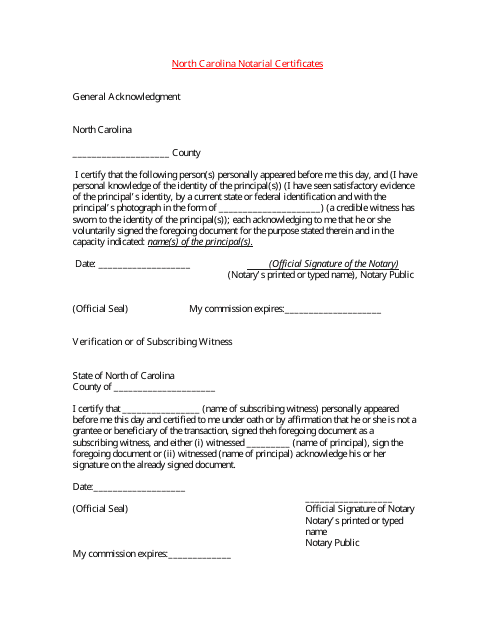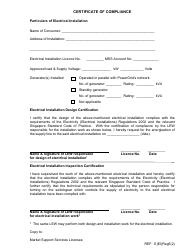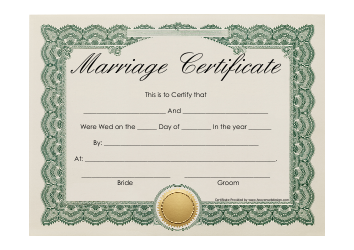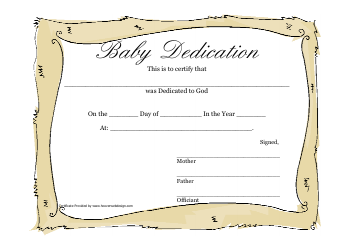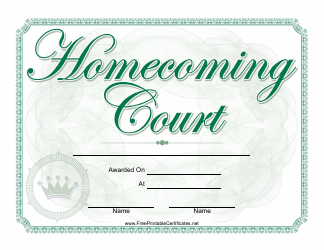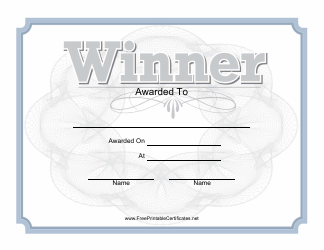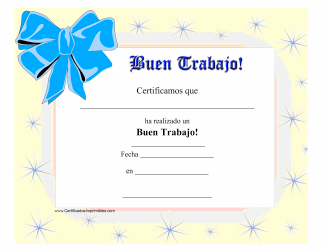North Carolina Notarial Certificates - North Carolina
North Carolina Notarial Certificates are used in the state of North Carolina to certify the authenticity of documents and ensure that they have been properly notarized.
In North Carolina, Notarial Certificates are typically filed by the notary public who performed the notarization.
FAQ
Q: What are notarial certificates?
A: Notarial certificates are official documents used in North Carolina to verify the authenticity of a notary's signature and seal.
Q: What is a notary public?
A: A notary public is an appointed official who is authorized to perform certain legal tasks, such as witnessing signatures and administering oaths.
Q: What is the purpose of a notarial certificate?
A: The purpose of a notarial certificate is to provide a written record of a notary's actions, such as verifying the identity of the signer and ensuring the document was signed voluntarily.
Q: Are notarial certificates required in North Carolina?
A: Yes, notarial certificates are required for many legal documents in North Carolina, including deeds, powers of attorney, and affidavits.
Q: What information is usually included in a notarial certificate?
A: A notarial certificate typically includes the notary's name, commission expiration date, and the date and location where the notarization took place.
Q: Can I create my own notarial certificate?
A: No, in North Carolina, only authorized forms provided by the Secretary of State can be used for notarial certificates.
Q: How much does it cost to have a document notarized in North Carolina?
A: The fees for notarization in North Carolina are set by state law and can vary, but typically range from $5 to $10 per notarial act.
Q: What identification is required to have a document notarized in North Carolina?
A: In North Carolina, a notary will usually require a current government-issued ID with a photo, such as a driver's license or passport.
Q: Do notarial certificates expire in North Carolina?
A: Notarial certificates do not expire in North Carolina, but a notary's commission must be current in order for the notarial act to be valid.
